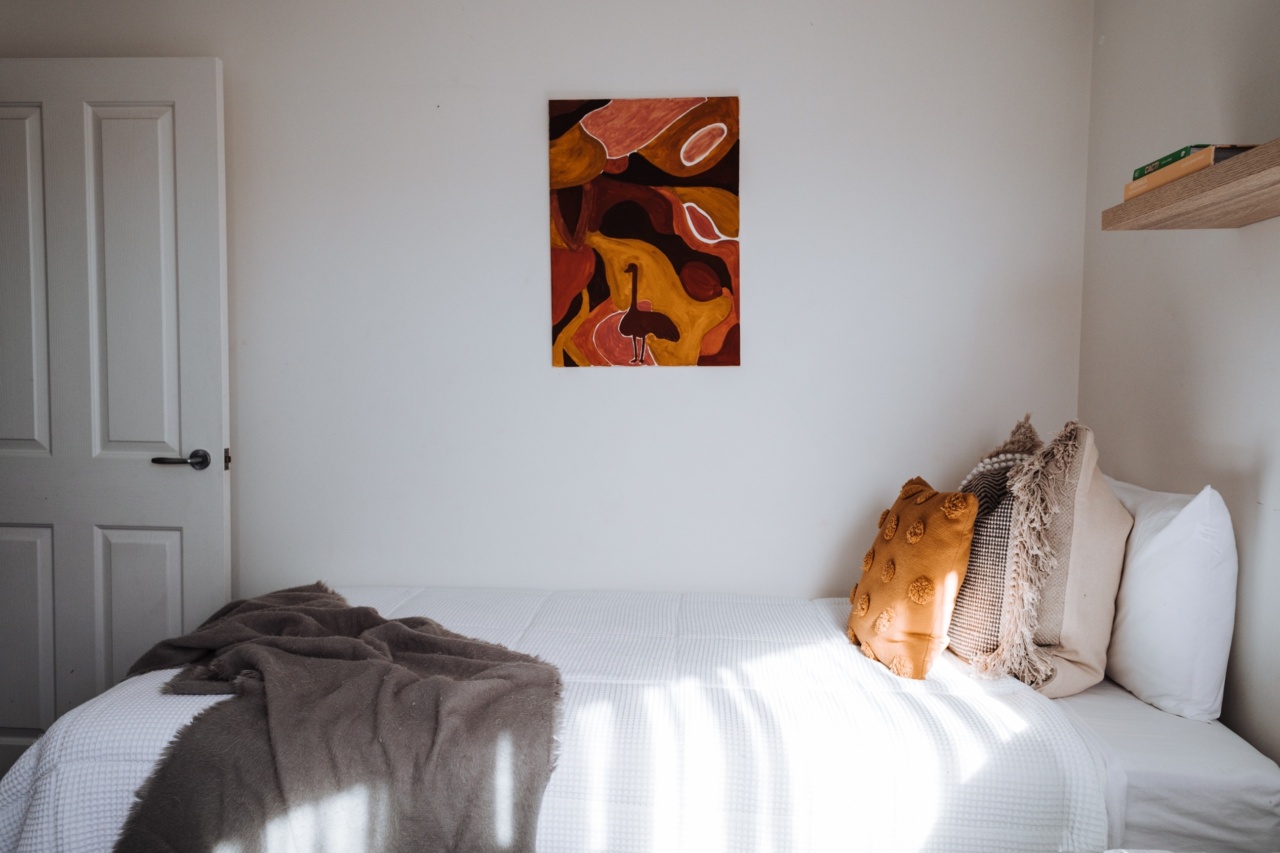Sleep is an essential part of our daily routine that plays a vital role in our overall health and well-being. However, many people struggle with getting a good night’s sleep, which can affect their productivity, mood, and overall quality of life.
If you’re looking for ways to improve your sleep, we’ve got you covered. In this article, we will discuss five easy tips that can help you sleep better, accompanied by helpful picture tutorials.
1. Create a Sleep-Friendly Environment
Developing a sleep-friendly environment is crucial to improving the quality and duration of your sleep. Start by making your bedroom a quiet, dark, and cool space.
Consider using blackout curtains or an eye mask to block out any unwanted light, as well as earplugs or white noise machines to minimize noise disruptions. Additionally, invest in a comfortable mattress, pillows, and bedsheets that support your body and help regulate temperature.

2. Stick to a Consistent Sleep Schedule
One of the most effective ways to regulate your sleep-wake cycle is by establishing a consistent sleep schedule. Try to go to bed and wake up at the same time every day, even on weekends.
This routine helps regulate your body’s internal clock, making it easier to fall asleep and wake up naturally. Consistency is key, so aim for at least seven to eight hours of sleep each night and avoid napping during the day.

3. Practice Relaxation Techniques Before Bedtime
Engaging in relaxation techniques before bedtime can help calm your mind and prepare your body for sleep.
Consider incorporating activities such as reading a book, taking a warm bath, practicing deep breathing exercises, or indulging in gentle stretching or yoga. These activities promote relaxation and reduce the effects of stress, allowing you to enter a more restful state before bed.

4. Limit Exposure to Electronics Before Sleep
The blue light emitted by electronic devices, such as smartphones, tablets, and laptops, can interfere with your sleep by suppressing melatonin production, the hormone responsible for regulating sleep.
To improve your sleep quality, limit your exposure to electronics at least an hour before bedtime. Instead, engage in activities that promote relaxation and prepare your body for sleep, such as reading a book or practicing meditation.

5. Maintain a Healthy Lifestyle
A healthy lifestyle has a significant impact on the quality of your sleep. Make sure to engage in regular physical activity, but try to avoid intense workouts close to bedtime, as they can stimulate your body instead of promoting relaxation.
Additionally, be mindful of your caffeine and alcohol intake, as these substances can disrupt your sleep patterns. Opt for a balanced diet, rich in fruits, vegetables, and whole grains, and avoid heavy or spicy meals close to bedtime.

By implementing these five easy tips, you can make significant improvements to your sleep routine and enjoy the numerous benefits of a good night’s rest.
Remember to be patient and consistent with your efforts, as it may take some time for your body to adjust to new habits. Say goodbye to restless nights and hello to restorative sleep!.































